Florida Governor Ron DeSantis made headlines last week when he signed a bill to completely remove the phrase “climate change” from state statutes. The decision, made on May 15th, intends to change how the state can make big energy policy decisions.
DeSantis, the 46th governor of Florida, is known for his controversial decisions regarding immigration, critical race theory, and gender identity. Now, the Republican has come for his newest enemy in the state: renewable energies.
History of Controversial Bills in Florida
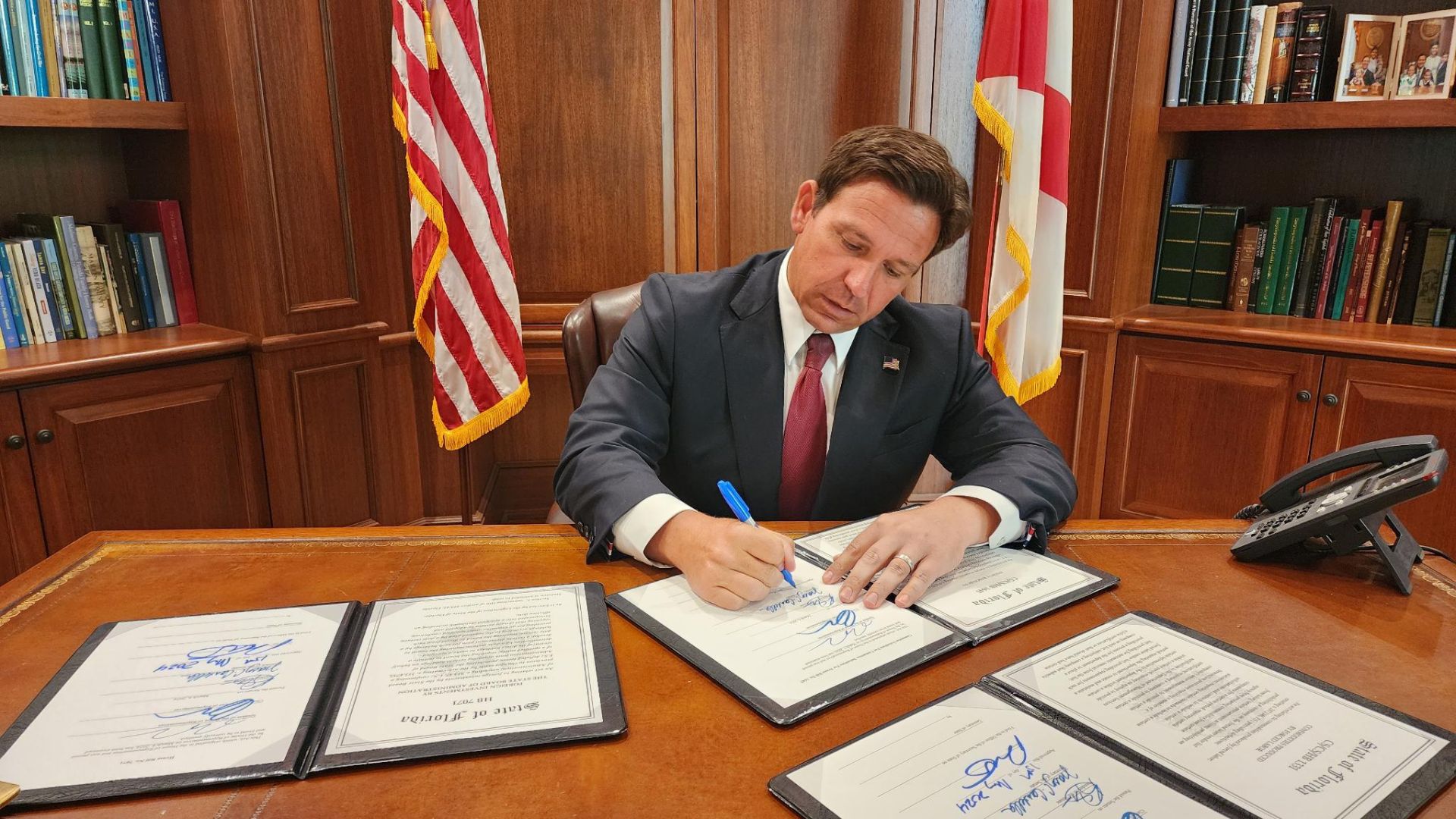
The tropical state of Florida has made its mark as a haven for controversial, ultra-conservative, and anti-”woke” initiatives.
During DeSantis’ tenure, he has created unique laws to force schools to stop teaching critical race theory, banned discussions of sexual orientation in public schools, and banned Advanced Placement (AP) purses on African American Studies.
What’s Happening With the Newest Changes to Energy Decisions?
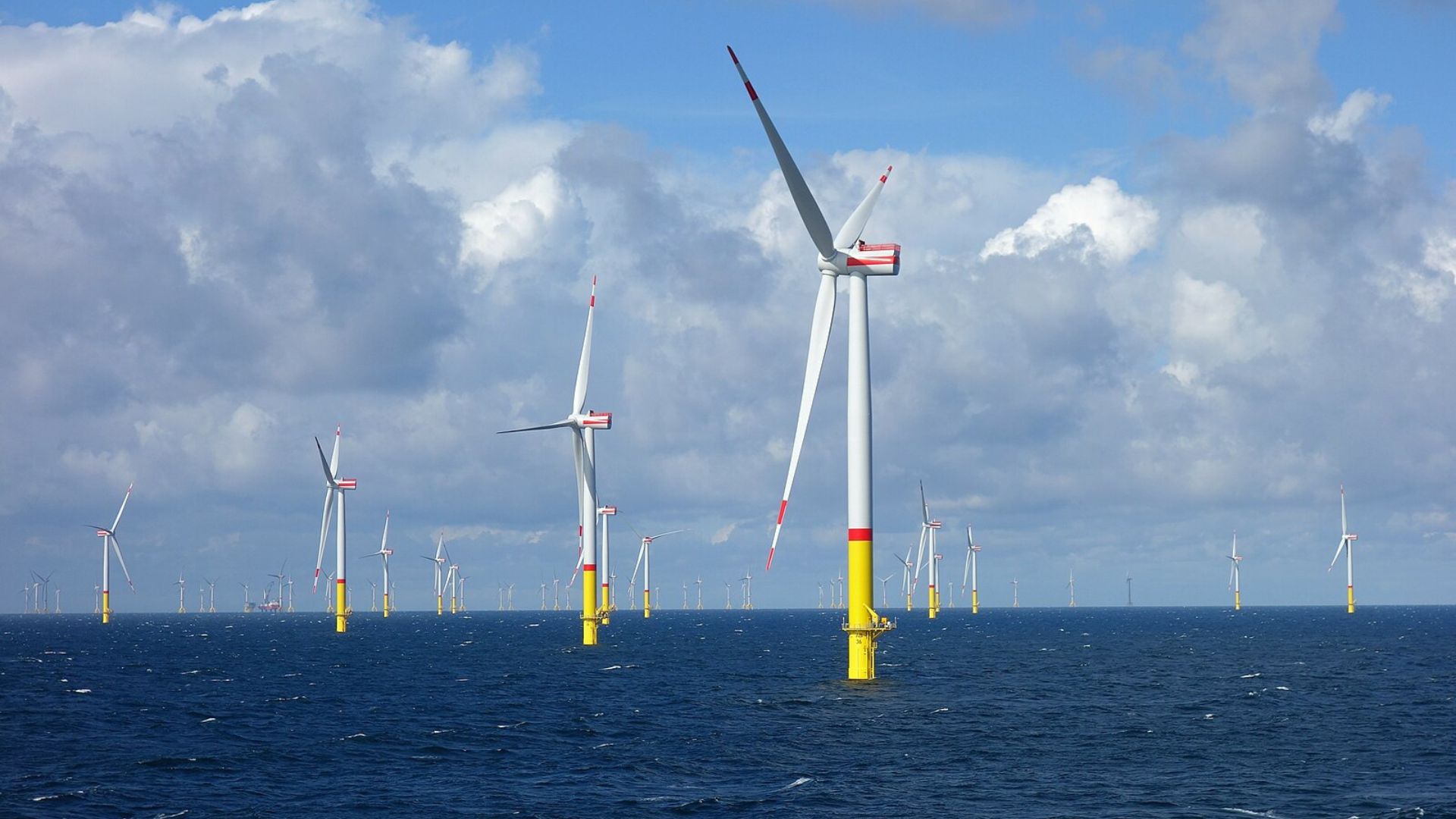
The new bill will take effect on July 1st. After this date, local governments will not be able to regulate their own energy policies. Offshore wind farms will soon be banned within a mile of the Florida coast.
To back up these news laws, DeSantis claimed “restrictions, regulations, and taxes” imposed by “radical green zealots” were to blame.
Removal of Climate Change in State Initiatives

Despite the overwhelming evidence that the fluctuating climate is the driving force behind extreme weather patterns, wildfires, and rising temperatures, the Florida governor has decided to ban the discussion altogether in his state.
The bill will ban the “potential of global climate change” in state energy policy decisions. State regulators will also not be allowed to “promote energy conservation, energy security, and the reduction of greenhouse gas emissions.”
DeSantis Pushing Back Against Electric Vehicle Demands
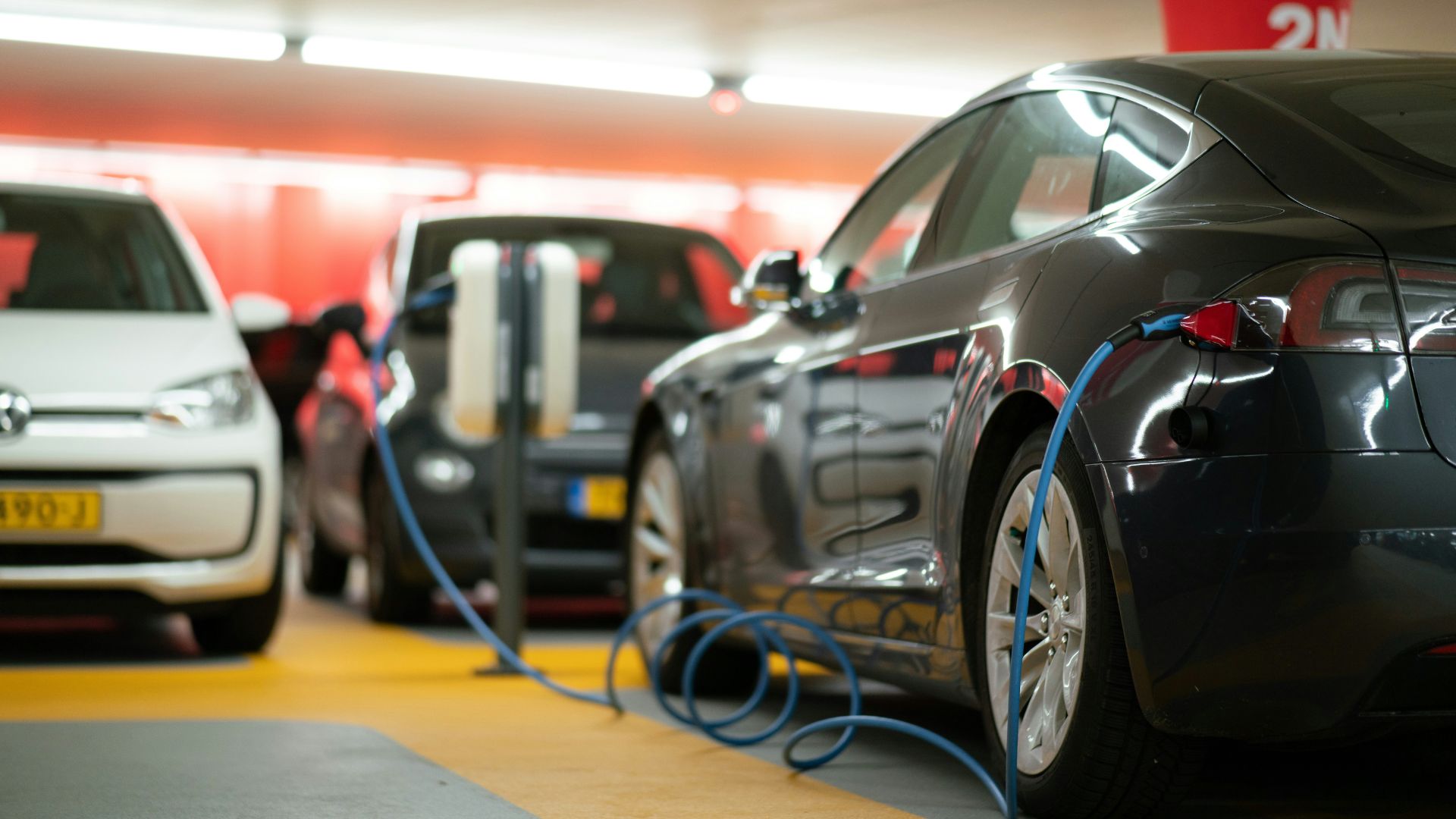
The decision to fight against climate change initiatives most likely stems from DeSantis’s dislike of President Joe Biden.
The new bill includes a provision requiring no consideration of environmental impacts when buying a new vehicle or booking a hotel. Biden has spent the majority of his tenure as president pushing new laws to phase out the sale of gas-powered cars by 2035, a decision that many Republicans have fought against.
New Nuclear Technology To Grow in Florida
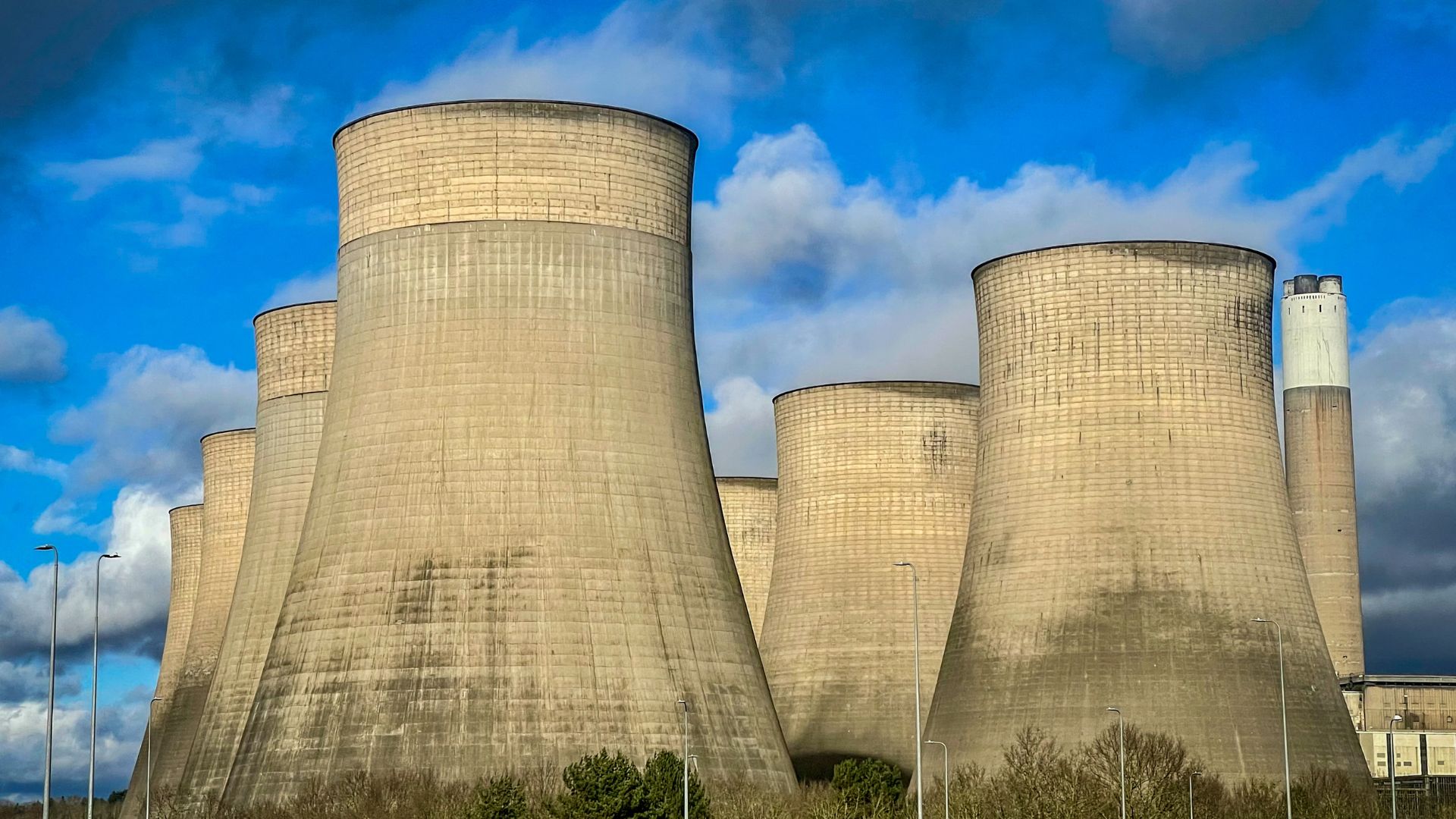
In an effort to promote environmentally friendly energy sources like solar, wind, and hydro, DeSantis has chosen to promote studies on small nuclear reactor technology instead.
The governor also included his interest in hydrogen-powered vehicles and enhancing electric grid security. Florida currently receives more than 74% of its energy from natural gas and the rest from nuclear power.
Undoing Previous Governor’s Climate Change Law
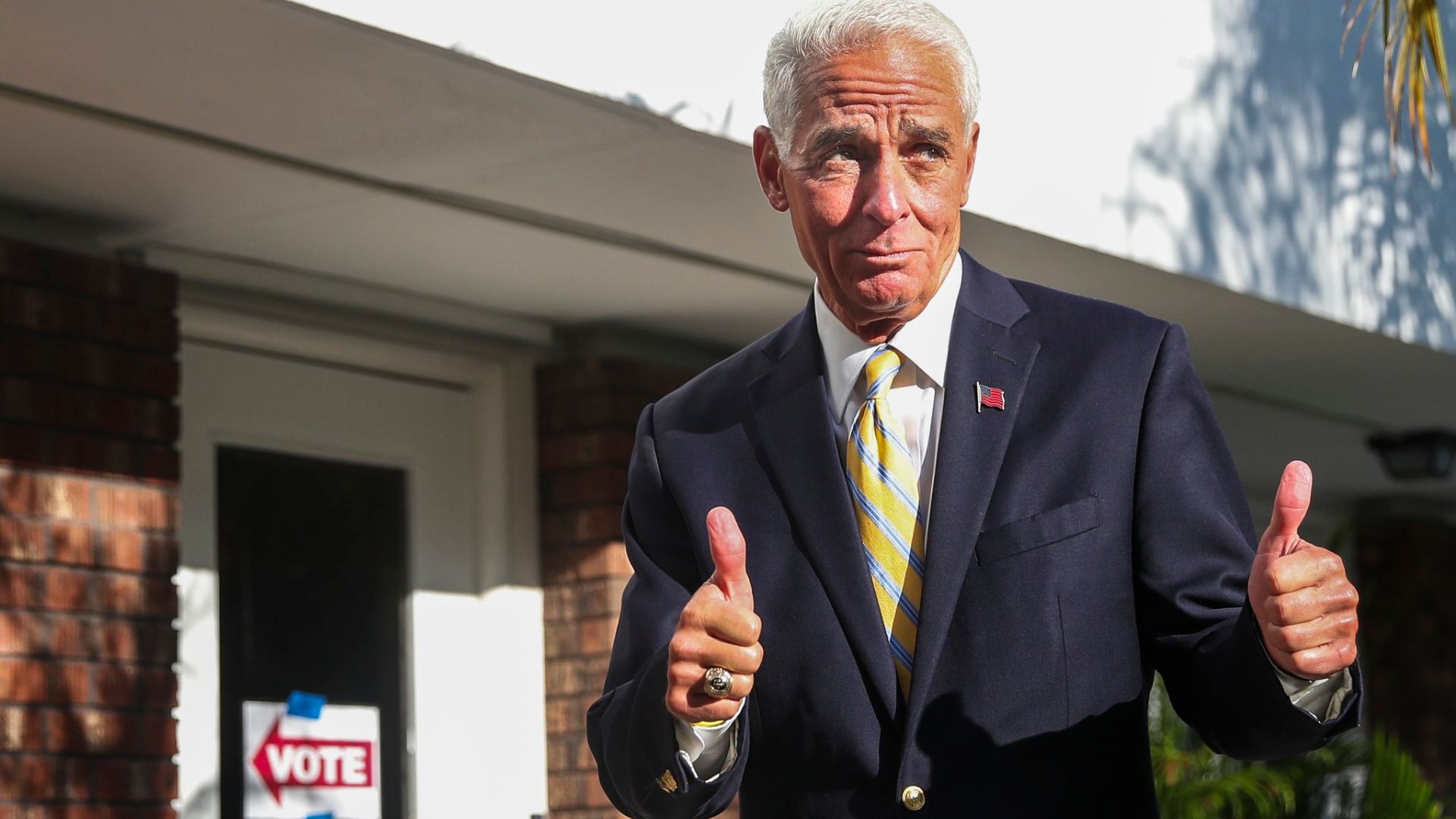
Florida’s previous Governor, Charlie Crist, who now identifies as a Democrat, signed a bill into law in 2008 that addressed the rising global temperatures and promoted renewable energies in the state.
His groundbreaking bill passed through the state’s legislature without a single opposition vote. Now, DeSantis’ new law will completely undo Crist’s legacy.
DeSantis Cancels Appearance

Although the governor planned an in-person event to sign the bill publicly, it had to be cancelled because of inclement weather.
Florida is well known for their extreme tropical storms, hurricanes, and floods. This coming hurricane season is set to be the worst on record for both the number of tropical storms and intensity.
Why This New Law Matters

The cause of global climate change and extreme weather patterns has been directly tied to the use of non-renewable fossil fuels like coal, oil, and gas. Since the 1950s, global temperatures have risen by 2.7 degrees Fahrenheit, with no signs of slowing.
In the state of Florida, the average temperature has increased by more than 3.6 degrees on average. Unless the country begins to drastically change its reliance on fossil fuels, the temperatures and sea levels will continue to rise.
State Legislators Disagree With the Ruling
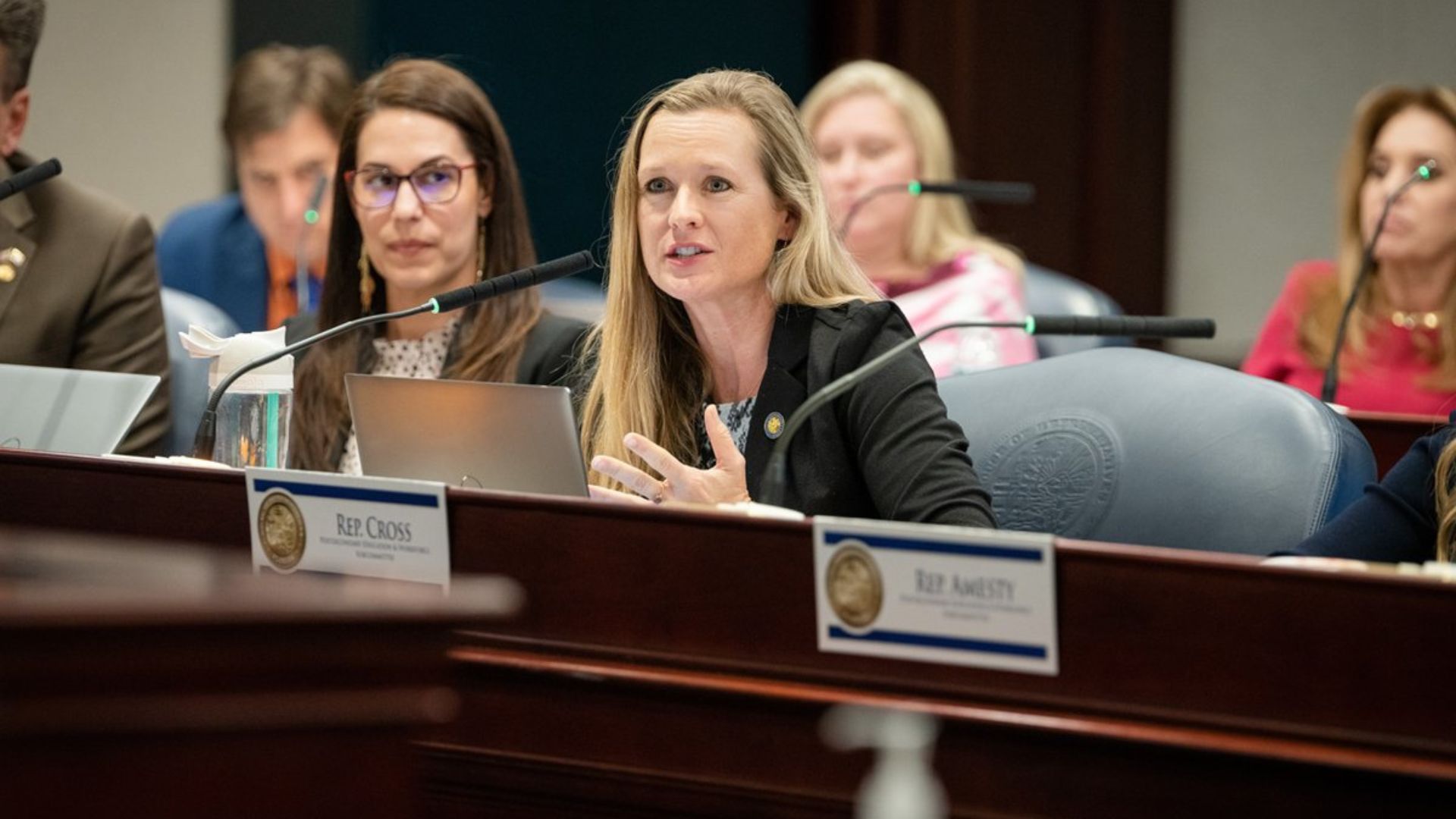
Although many of DeSantis’s Republican peers in the state senate agreed with him unequivocally, many lawmakers disagreed with his decision.
Lindsay Cross, a state representative, said, “We can’t deny that climate change is happening. Whether you trust the 99% of scientists who do believe in climate change, we know that weather is getting worse, that we have more extreme weather patterns with a very active hurricane season predicted,” and think the ruling is taking the state in the wrong direction.
Removing the Phrase Will Not Make the Problem Go Away
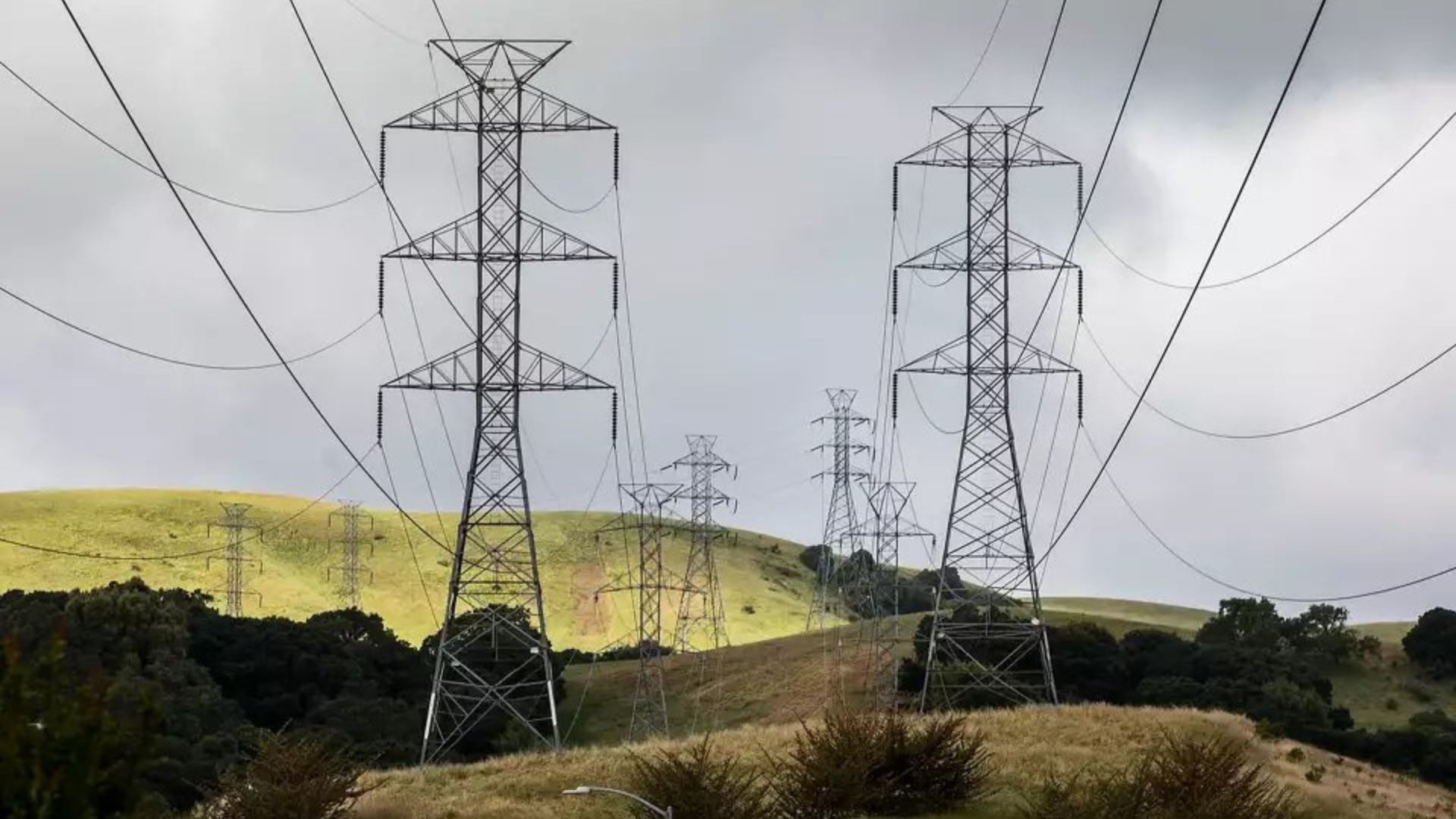
Cross added that “combined with the destruction that we’ve already had in this state, stripping the words ‘climate change’ out of statute isn’t going to make it go away, it’s just going to make us less proactive and prepared.”
Her point was mirrored by Brooke Alexander-Gross, the Sierra Club Florida Clean Energy organizing manager. She states that the law will put the health and safety of all Floridians into jeopardy. She thinks that Gov. DeSantis’s first priority is appeasing large corporations and fossil fuel companies.
The Sunshine State Will Increase Its Reliance on Natural Gas
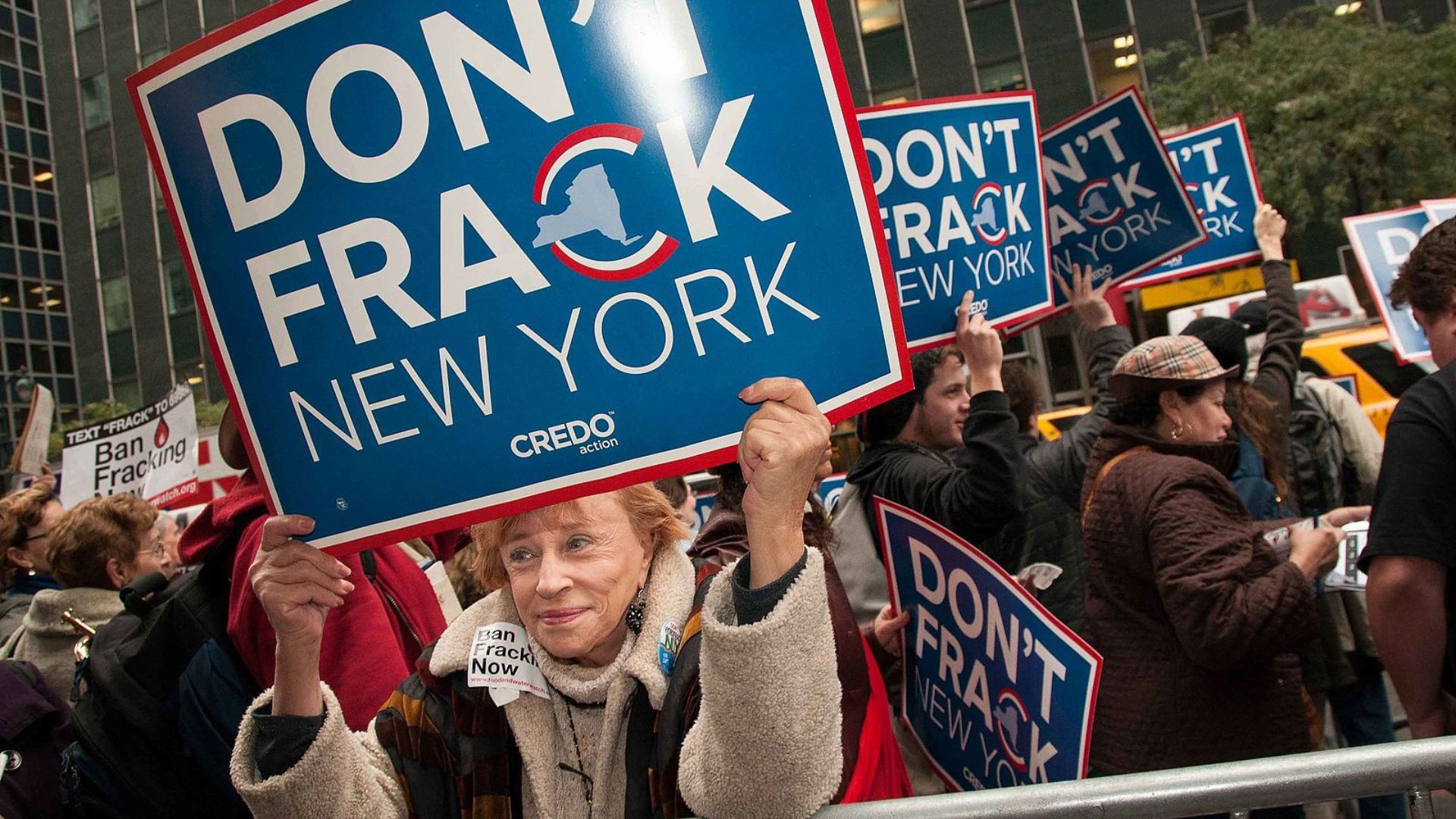
Because state statutes will no longer allow the discussion of climate change, lawmakers think that Florida will become even more reliant on fossil fuels like oil and gas.
Last year, the administration turned down more than $674 million in federal funding intended to support energy-efficient initiatives.








































